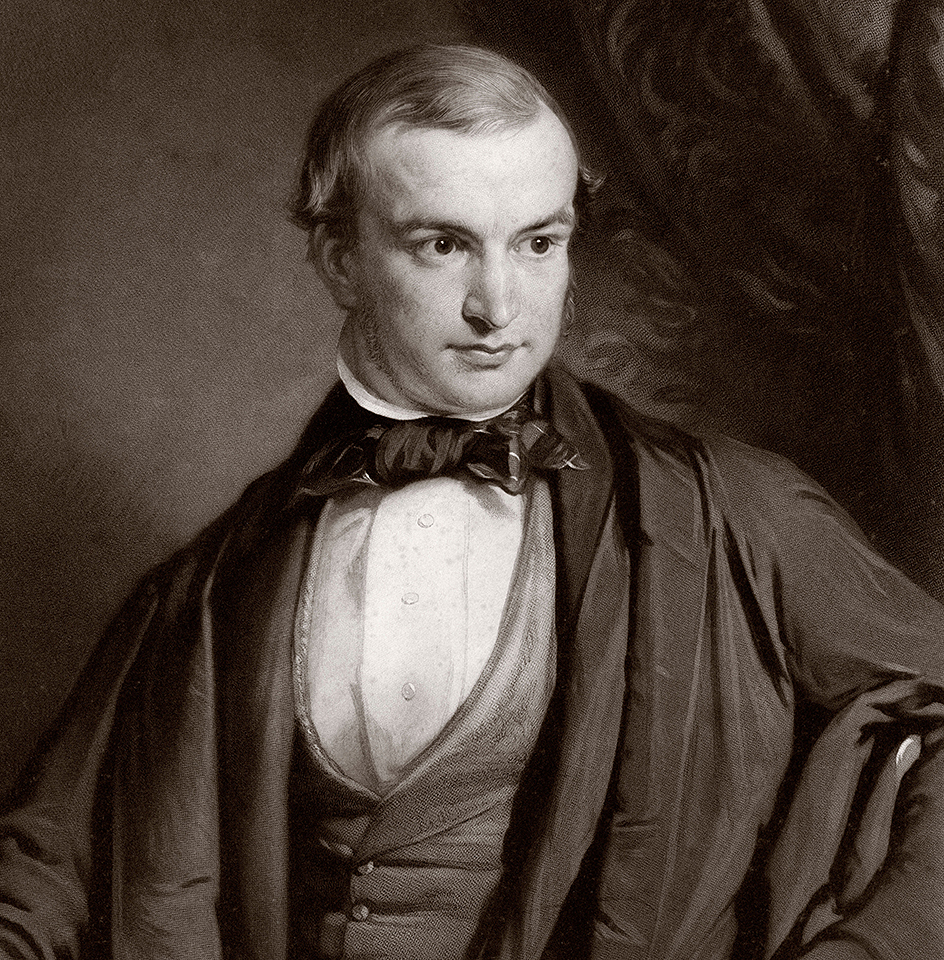Adams, John Couch (1819-1892), was a British mathematician and astronomer. He was one of the two people who independently predicted the location of the planet Neptune.

Astronomers had noticed that Uranus, which they thought was the most distant planet, was not always in the position they predicted for it. The force of gravity of some unknown planet seemed to influence the motion and position of Uranus.
In 1843, Adams began working to find the location of the unknown planet. He completed his remarkably accurate work in 1845. Adams sent his prediction to Sir George Airy, the astronomer royal of England, but Airy did not look for the planet with a telescope.
Meanwhile, Urbain J. J. Le Verrier, a young French mathematician, began working on the project, and by mid-1846 also had predicted Neptune’s position. He sent his predictions, which were similar to those of Adams, to the Urania Observatory in Berlin, Germany.
On the basis of Le Verrier’s predictions, the German astronomer Johann G. Galle and his assistant, Heinrich L. d’Arrest, first observed Neptune in 1846. Today, both Adams and Le Verrier are credited with the discovery.
Adams was born on June 5, 1819, near Launceston, Cornwall, England. He studied at St. John’s College, Cambridge University, where he became a fellow in 1843. He became professor of astronomy and geometry at Cambridge University in 1858. He won many distinguished science awards, including the Copley Medal of the Royal Society (1848) and the Gold Medal of the Royal Astronomical Society (1866). Adams died on Jan. 21, 1892, in Cambridge.
